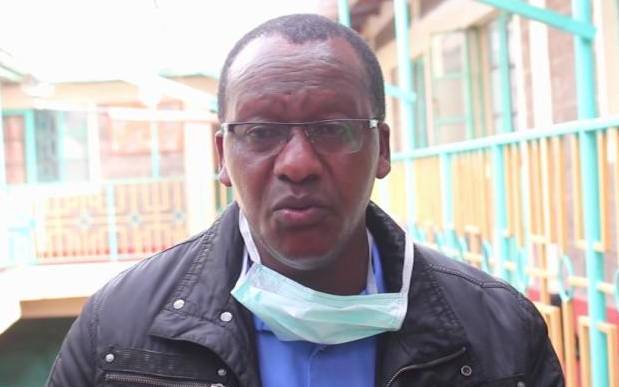×
The Standard e-Paper
Join Thousands Daily

Daniel Munene, the Nyandarua landlord who has waived rent to his tenants for four months and now distributes food to some of them to help them cope with effects of Covid-19. [File, Standard]
It is not often that tenants sing the praise of landlords, with both parties keen to mind their own business as long as rent is paid and basic amenities provided.